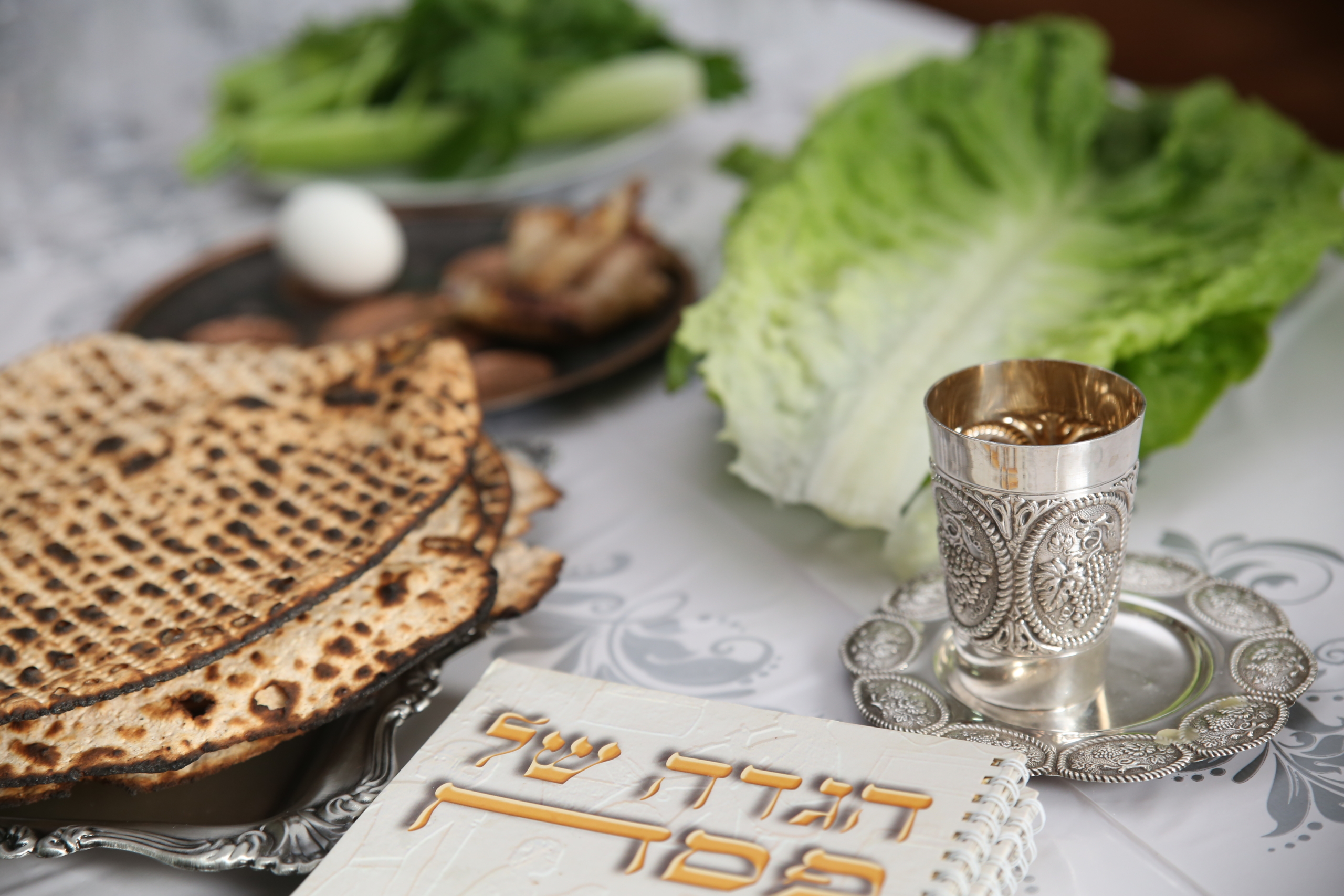
By: Rabbi Bryan Kinzbrunner, BCC
Director of Religious and Spiritual Services
Who would have predicted a year ago that the era of COVID-19 would still remain with us for a Second Passover season? The first year of COVID-19 had many experiencing a Passover unlike any Passover in most of our memories. Most of us found ourselves celebrating with whomever was in our immediate household and no more. Others were less fortunate, having to celebrate in isolation. What will this year’s Passover look like?
I would like to propose an answer to this question based on how the Israelites celebrated the second, first post Exodus, Passover. While the first Passover was a challenge as it was a new experience, one can presume it was very straightforward and simple. As long as they followed all the rules Gd gave them, from offering the lamb as a sacrifice, to painting the doorposts with blood to protect against the plague of the firstborn, to remaining in their houses that night, all would be good. Celebrating the first Passover was easy for them. It was new, it was full of hope and while they didn’t know what the future held, they knew that life would be different the very next day. However, what did the Israelites do in the second year, when they were still encamped at Mount Sinai, unsure of when they would continue their journey to their final destination? Also, the rules for the day would be different as they would not need to hunker down in “quarantine,” protecting themselves from death.
In Bamidbar (Numbers), chapter 9, we read about this second Passover. In the midst of the description, a fascinating situation arises. A group of Israelites approaches Moses with a dilemma. In order to participate in the Passover sacrifice, an individual must be in a state of ritual purity. There was a group designated to carry the bones of Joseph back to Israel to be buried. This group, because of their sacred task, was deemed ritually impure because they were in contact with a dead body. They approached Moses to express their dismay that they would be left out of celebrating this first Passover in freedom because of their holy work. Moses brings this request to G-d and from this G-d commanded that those unable to celebrate Passover in its proper time due to ritual impurity would have the opportunity to “make-up” for Passover one month later, on 15 Iyar in the Jewish calendar.
While the Torah does not go on to recall the response of this group to G-d’s offer for a second Passover, I think we can place ourselves in their shoes as we enter this second Passover of the COVID-19 era. They were isolated from the communal gathering, “quarantined” in their state of ritual impurity. Yet, they did not allow their isolation to be an obstacle. Rather, they took the initiative, asked the question, and received a new solution to the challenge before them.
We are still in uncertain times. Things are improving. Life is becoming more and more normal by the day. Yet, we sit in the continuation of where we were last year. Last year was a whirlwind of last minute preparation and first time planning for a home Seder. For others, it was a challenging time facing being alone for a holiday that is family focused. This year, many will be celebrating a second Passover at home with limited to no family. Yet this year we have a real sense of hope for the opportunity to “make-up” for what was missing.
Passover 2021 is the next step along the path to returning to life as it was. It is true we can never fully go back, we have lost time and opportunity. Yet, as we get ready for Passover perhaps we can allow the lesson of Pesach Sheni, the second Passover, to inspire us. When we cannot fulfill things in their ideal time, we are given an opportunity to fulfill them at a later date. We are fortunate to have this time, this opportunity, to make the best of the situation we find ourselves in. We have hope and we have the pain of what we have felt this past year. We have a vision and a path forward. May this Passover season be one of joy, of blessing, of hope and of feeling we are nearing the redemption from the Pandemic and the upheavals we have experienced.

